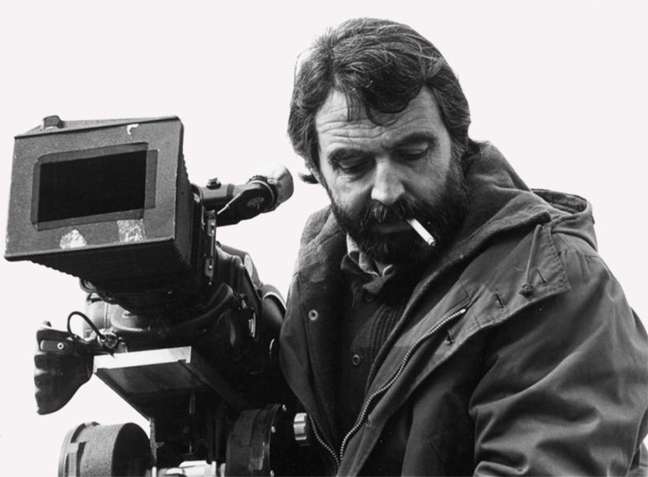
Director Alain Tanner, a committed film pioneer and the most awarded and recognized Swiss director abroad, died this Sunday (9/11) at the age of 92.
A contemporary of the French nouvelle vague, Tanner is considered one of the main responsible for the launch of Swiss new wave cinema. He began to attract attention with his short films in the 1960s – one of which was awarded at the Venice Film Festival – before shaking up the facilities with his first feature, “The Last to Laugh”, in 1969. The the story of a businessman who decides to leave capitalism to live on the margins of society, the film won the Golden Leopard at the Locarno Film Festival.
Immediately after, he was awarded at the Berlin Film Festival with the triangle for “La salamandra” (1971), the closest to the nouvelle vague. But from then on, his work became increasingly politicized, in a break that aligned him with Costa-Gavras (“Z”) and Brazilian Cinema Novo.
In “Lovers in the Middle of the World” (1974), he questioned the xenophobia of Swiss politicians. And in “Jonas Que Will Be Twenty-Five in 2000” (1976), perhaps his best-known film among national audiences, he presented a utopia imagined by young protesters.
He won the Jury Prize at the Cannes Film Festival for “The Light Years”, a metaphorical story of a man who claimed to have learned to fly with the tip of birds.
Then, in 1983, he discovered the “white light” that came to define Lisbon’s relationship with cinema, in the classic “A Cidade Branca”. The Portuguese love this film, which won the César (French Oscar) for Best Foreign Language Film in French.
Fifteen years later, Tanner returned to filming Lisbon in “Réquiem – Um Encontro com Fernando Pessoa” (1998), based on the work of the Italian writer Antonio Tabucchi, in which he tries to understand what constitutes the identity of the Portuguese people.
He also reprized the characters of “Jonas who will turn 25 in 2000” in the sequel “Jonas and Lila, until tomorrow” (1999), in which the protagonist reaches the age of 25 on the eve of the new millennium, disillusioned and without the ideals of once.
After several films, he concluded his career in 2012 in a short film for television, as part of a series of works commemorating the 300th anniversary of the birth of the philosopher Jean-Jacques Rousseau.
In 2010 he received a career award at the Locarno Film Festival, when he reflected on his trajectory, saying it was time to stop after so much struggle.
Source: Terra
Camila Luna is a writer at Gossipify, where she covers the latest movies and television series. With a passion for all things entertainment, Camila brings her unique perspective to her writing and offers readers an inside look at the industry. Camila is a graduate from the University of California, Los Angeles (UCLA) with a degree in English and is also a avid movie watcher.



-1k253oovvden7.png)



